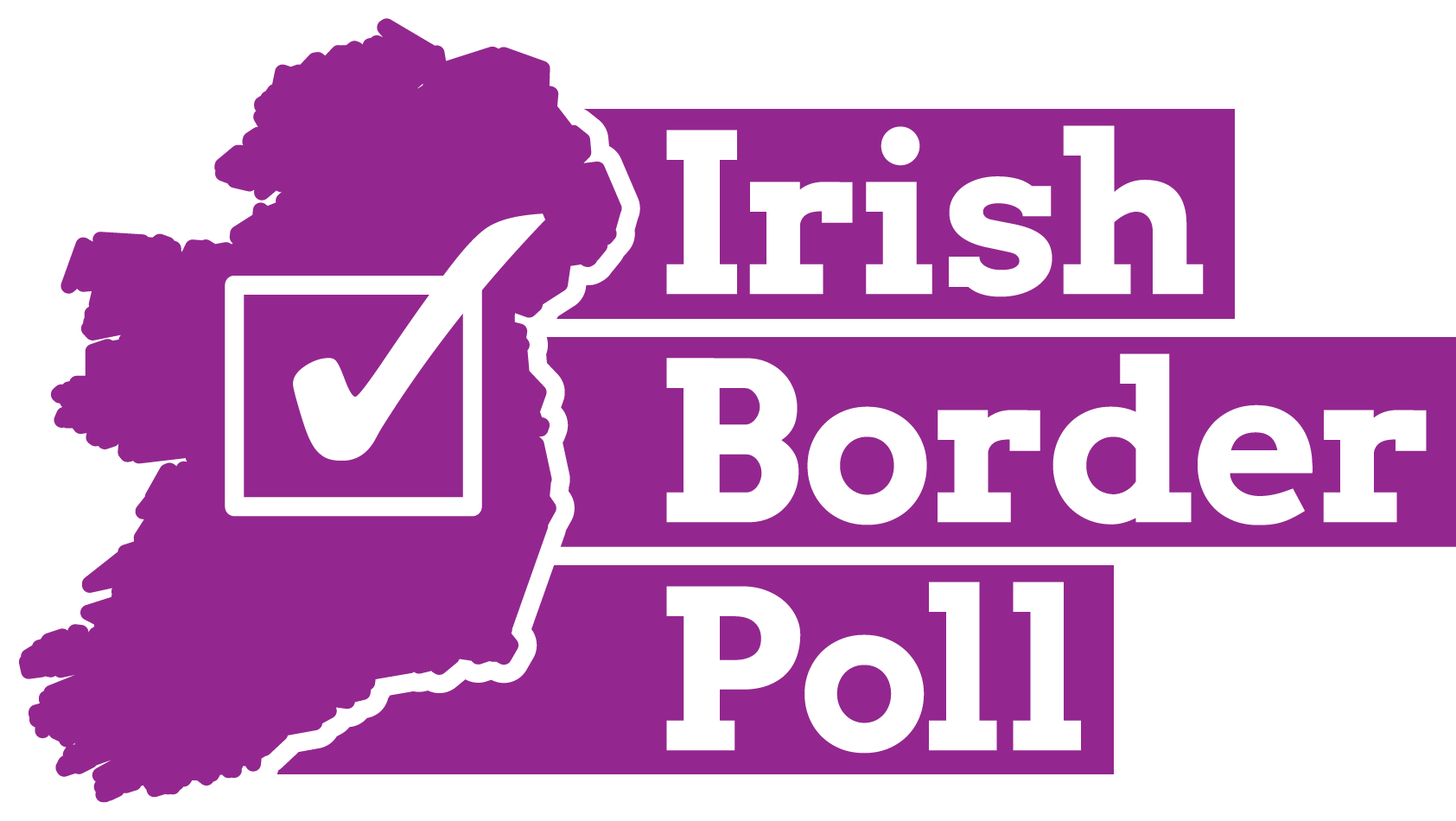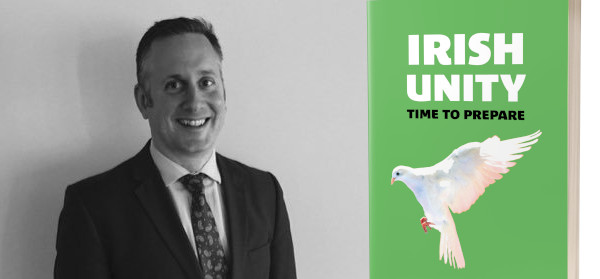Brendan Boyle, originally published in The Irish Times.
Not a moment must be wasted as responsible efforts facilitate inclusive decision process
January was a significant month for relations among and within the four nations that lie just off the west coast of Europe, perhaps the most significant in decades.
First, on January 1st, the United Kingdom completed its transition out of the European Union, taking with it Scotland and Northern Ireland, despite large majorities in both voting to remain.
Then on January 24th, the Sunday Times published a comprehensive poll showing a majority in Northern Ireland want a reunification referendum within five years, and a majority in Scotland want a referendum on independence. Further, the poll showed a majority in Scotland already favouring independence, as has every poll published in the last nine months. The Scottish Nationalist Party continues to hold a massive lead heading into the May elections, and its leader vows to hold a legal referendum once Covid-19 is over.
It is now abundantly clear there will be a referendum on independence in Scotland. It is equally obvious there will be a referendum on Irish reunification. And as University of Pennsylvania professor Brendan O’Leary recently wrote, “This prospect is arriving faster than most expected.”
Given we all know a referendum in Ireland is coming, the responsible course of action is to immediately begin to properly prepare for it. Much admirable work is already under way in civic society and academia. But the national capitals of Dublin, London, Brussels and Washington need to also engage in this effort.
The process must be inclusive of all, listening to and respecting all perspectives and identities, and include protections for human rights. If it is a truly open, transparent, and inclusive process, then it can become a model for all the world, much the way the Belfast Agreement is a model for resolving international conflicts.
‘Sensitive issue’
To maximise the chances of success, and minimise the chances of failure, the work should begin now. Every day the work is delayed only makes the task more difficult once it begins.
When dealing with a sensitive issue like Northern Ireland, there are those who, understandably, just “don’t want to touch it”. Of course, if those instincts had been followed in the 1990s then we would have never had the Peace Process or the Belfast Agreement. Even if, and especially when, things are difficult, it is always best to engage.
Every day the work is delayed only makes the task more difficult once it begins
Once the referendum on reunification is inevitably held, there are those in Northern Ireland who will vote in strict accordance with their national or ethnic identity. They likely represent the majority of voters. But there is a significant and growing segment of the population that is pragmatic and will cast their vote based on facts and evidence. This pragmatic middle will likely decide the referendum’s outcome.
I believe, based on the evidence, that unity is the better choice. First, if the Scottish referendum occurs before Ireland’s, there may no longer be a United Kingdom by the time of the Irish referendum, or at least a UK as we know it. Northern Ireland remaining in a union with only Wales and England would be an odd fit, especially given many of those in Northern Ireland who identify as British do so via their Scottish heritage.
Economic argument
Second, the economic case for Irish unity is profound. The status quo for Northern Ireland has not worked economically. A century ago, Northern Ireland’s economy was double that of the rest of Ireland. Today, the Republic of Ireland’s economy is six times that of the North. Income per head is now €22,000 in the once-wealthy Northern Ireland, yet it is €38,000 in the once-impoverished Republic. While the Republic ranks as one of the leading economies in the world, Northern Ireland ranks near the bottom in Europe.
The economic case for Irish unity is profound. The status quo for Northern Ireland has not worked economically
As economist David McWilliams said, “The evidence is overwhelming. The people in the northeast of the country under one jurisdiction have done profoundly worse economically than the people in the other jurisdiction.”
Less clear may be the economic benefits of unity to those in the Republic. But research conducted by KLC Consulting in Canada along with University of British Columbia academics found that reunification could result in significant economic boosts on both sides of the Border. Michael Burke, a former senior international economist at Citibank in London, has stated, “In my view – and I think it is substantiated by very voluminous research – Irish unification is a growth story, is a success story, is a prosperity story.”
In its first century of existence, the Republic of Ireland has made its mark on the world stage. It is often said, by some admiringly and others enviously, that Ireland “punches well above its weight”. Whether at the UN Security Council table in New York, or in the corridors of the Capitol in Washington or the Berlaymont Building in Brussels, Ireland is a well-respected and admired nation.
Aversion to change is a natural human response. But with change comes opportunity. When voters in Northern Ireland are ultimately presented with the historic opportunity to unite with an open, dynamic, confident country, and reclaim their European identity, I am confident they will seize it.
Brendan F Boyle is a United States congressman from Pennsylvania




